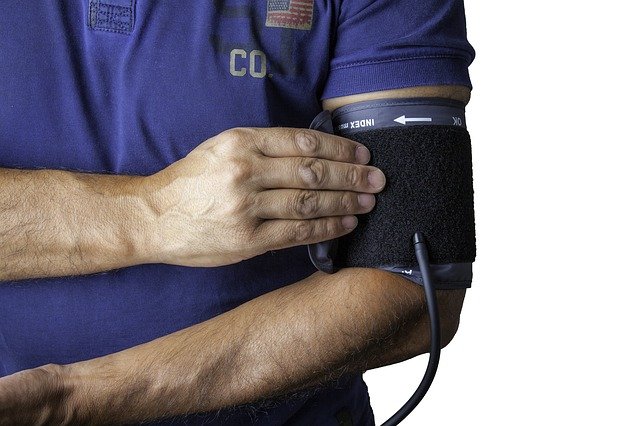
In a new study, researchers found no evidence to support recent US guideline recommendations that encourage doctors to offer treatment to patients with low-risk mild high blood pressure.
The study is done by researchers from the University of Oxford, Cambridge University and the University of Birmingham.
It looked at the routinely collected medical records of more than 38,000 patients in the UK over a period of 15 years.
The patients were aged between 18 and 74, had mild hypertension (UK stage 1: 140-159/90-99mmHg) and had not received any previous treatment for the condition.
The researchers compared patients who went on to be treated with antihypertensive medication to those who were not.
They found the treatment had no benefit and did not reduce their risk of heart attack or stroke.
However, there was evidence of an increased risk of adverse events over the follow-up period of five-to-six years, such as hypotension (low blood pressure), fainting or kidney damage.
The team suggests contrary to the latest guideline recommendations, there was no evidence of any benefit to treating patients with low-risk mild hypertension.
This suggests that doctors should be cautious when considering hypertension treatment in this group.
They therefore encourage a conversation between a patient and their doctor to decide the best way to treat the condition.
In addition, younger patients in particular may prefer to adopt lifestyle changes to reduce their blood pressure, rather than committing to taking antihypertensive drugs for many years.
The authors also suggest that being an observational study, the data should be interpreted with caution since these studies can sometimes give biased results.
The best quality evidence for making clinical decisions comes from clinical trials, yet there are occasions where trials have not been done, or are not possible and so decision-makers rely on expert opinion to form clinical guidelines.
To ensure future guideline recommendations for treating low-risk mild hypertension are based on the best-quality evidence, large-scale clinical trials are needed.
Other researchers suggest that given that the study found tangible evidence of the potential harm of treating people with mild hypertension and no evidence of benefit, it raises questions over the value of initiating drug treatment in such patients.
Dr. James Sheppard from Oxford University’s Nuffield Department of Primary Care Health Sciences led the study.
The full paper, “Benefits and harms of antihypertensive treatment in low-risk patients mild hypertension,” is published in JAMA Internal Medicine.
Last year the American College of Cardiology and the American Heart Association released the first comprehensive guidelines for managing high blood pressure in adults since 2003.
according to the new guidelines, Stage 1 hypertension is 130-139 mm Hg and 80-89 mm Hg.
Stage 2 hypertension is greater than or equal to 140 mm Hg, or greater than or equal to 90 mm Hg.
The new guidelines classify normal blood pressure as less than 120/80 mm Hg.
Copyright © 2018 Knowridge Science Report. All rights reserved.
Source: JAMA Internal Medicine.



